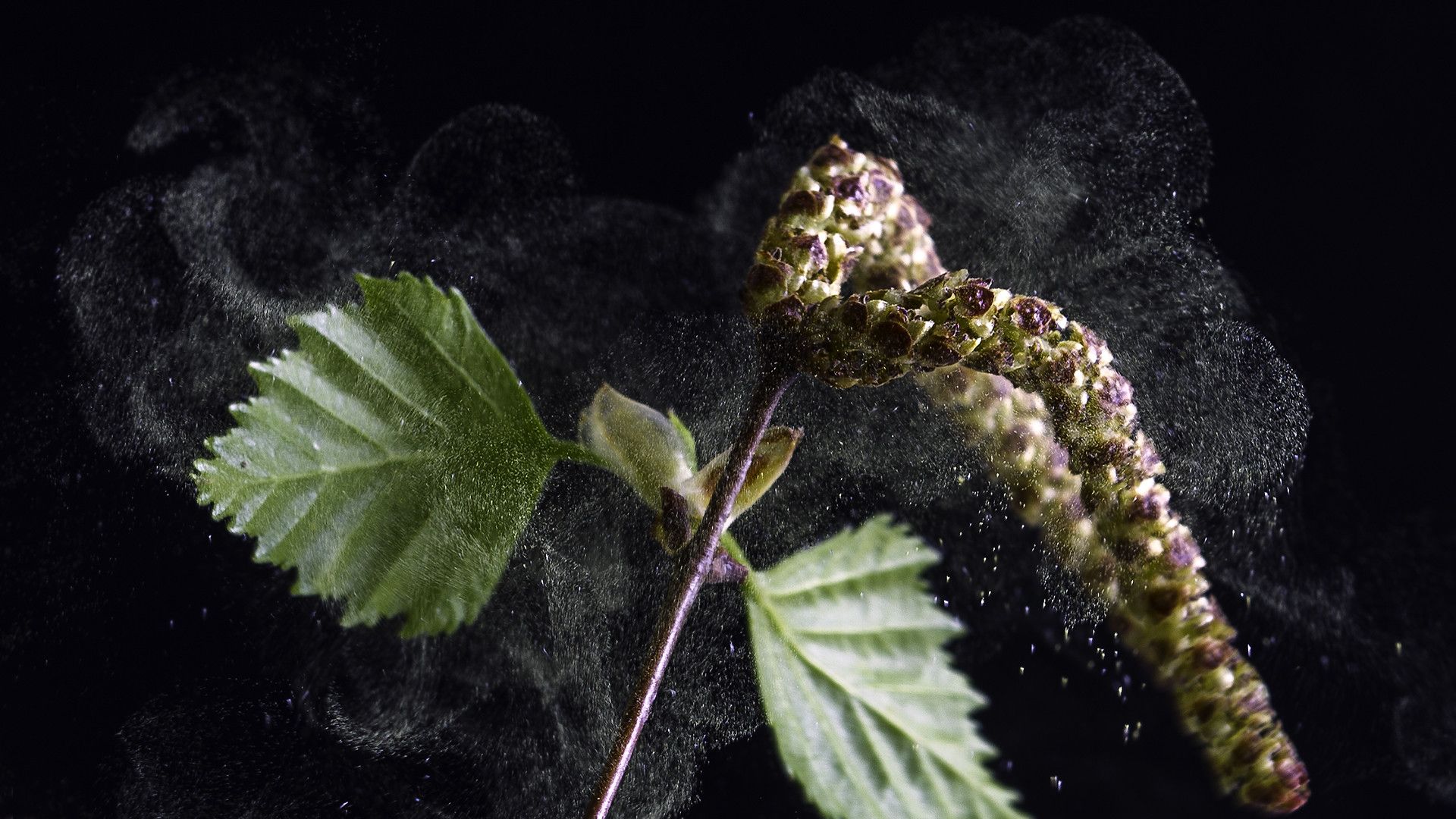Several readers have contacted CPH POST overnight to confirm they were yesterday badly affected by the high birch pollen counts rampaging Denmark following the end of a cold snap that stopped the release of the dreaded particles in their tracks in early April.
All of the readers are located in the capital reason – for good reason, as 1,752 particles per cubic metre were recorded in the east of Denmark on Wednesday, according to Astma-Allergi Denmark figures.
This was the highest count since 2014 when a new all-time record of 4,696 was set. In the west of Denmark they hit a measly 154.
In one case, a reader reported an uncomfortable feeling in his mouth and throat after consuming a bowl of peanuts, followed by disorientation and extreme fatigue.
With sunshine forecast for the next four days in the east of Denmark, albeit with lower temperatures than last weekend, high counts are expected over the remainder of the week.
Between 500,000 and 750,000 susceptible to seasonal food allergy
Approximately a fifth of all adults in Denmark are allergic to birch pollen, and for many new arrivals to the country it can be a bit of a mystery when they are struck down by flu-like symptoms.
Furthermore, 50-75 percent of those sufferers are also susceptible to Oral Allergy Syndrome (OAS), which during the birch pollen season can cause you to be allergic to certain foods as well.
For example, your mouth and throat might become itchy after eating an apple or piece of celery, or your skin after touching it. Swelling of the lips is also common.
Cooked fruits and nuts are the most likely to cause a reaction. Other foods to consider avoiding include: almonds, apples, apricots, carrots, celery, cherries, hazelnuts, kiwi, parsley, peaches, peanuts, pears, plums and soya beans.
The food allergies occur because your immune system is confused. The pollen partly resembles proteins present in the foods, and your body can’t tell the difference and reacts as if the pollen is invading your body.
OAS should not be confused with the potentially fatal Anaphylaxis, which has similar symptoms, but generally affects a small proportion of the population who have known about their food allergies since early childhood.
Concerns should allergy combine with corona
The worries do not stop with food allergies this year, as many are concerned about what would happen if the birch pollen allergy combined with corona.
“If you are in doubt about whether you have asthma, hay fever or the conronavirus, because the symptoms can be similar, then call your doctor,” Anne Holm, the deputy head of Astma-Allergi Danmark, told TV2 last year.
Astma-Allergi Danmark considers pollen counts as being high as soon as they exceed 100.
In 2015, Aarhus Municipality banned the future planting of birch trees in public places in a bid to reduce concentrations by 10-30 percent in the urban area.
“By avoiding planting birch trees in the forests, along the roads and in parks, we can reduce the pollen concentrations by a few percent to help those allergic to pollen in the city,” Peter Søgaard, a biologist with Aarhus Municipality, told DR at the time.














